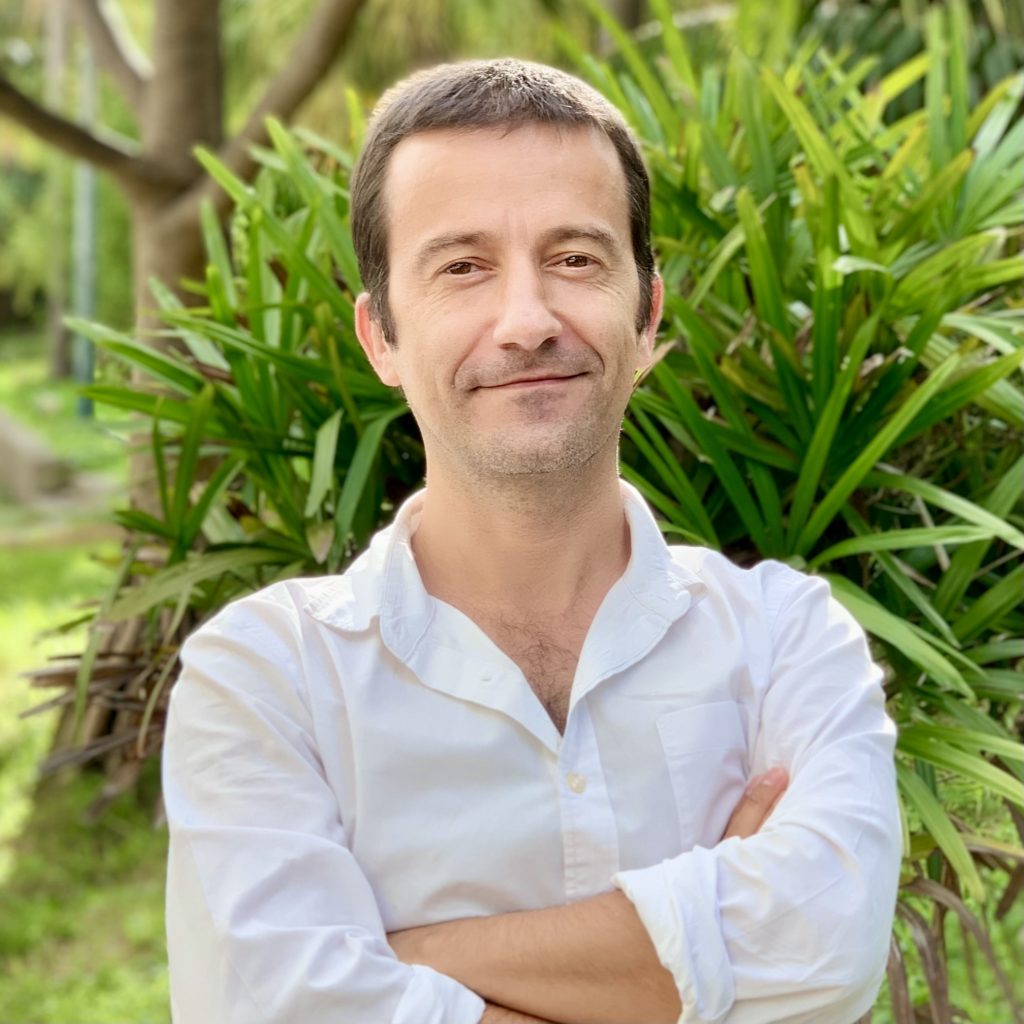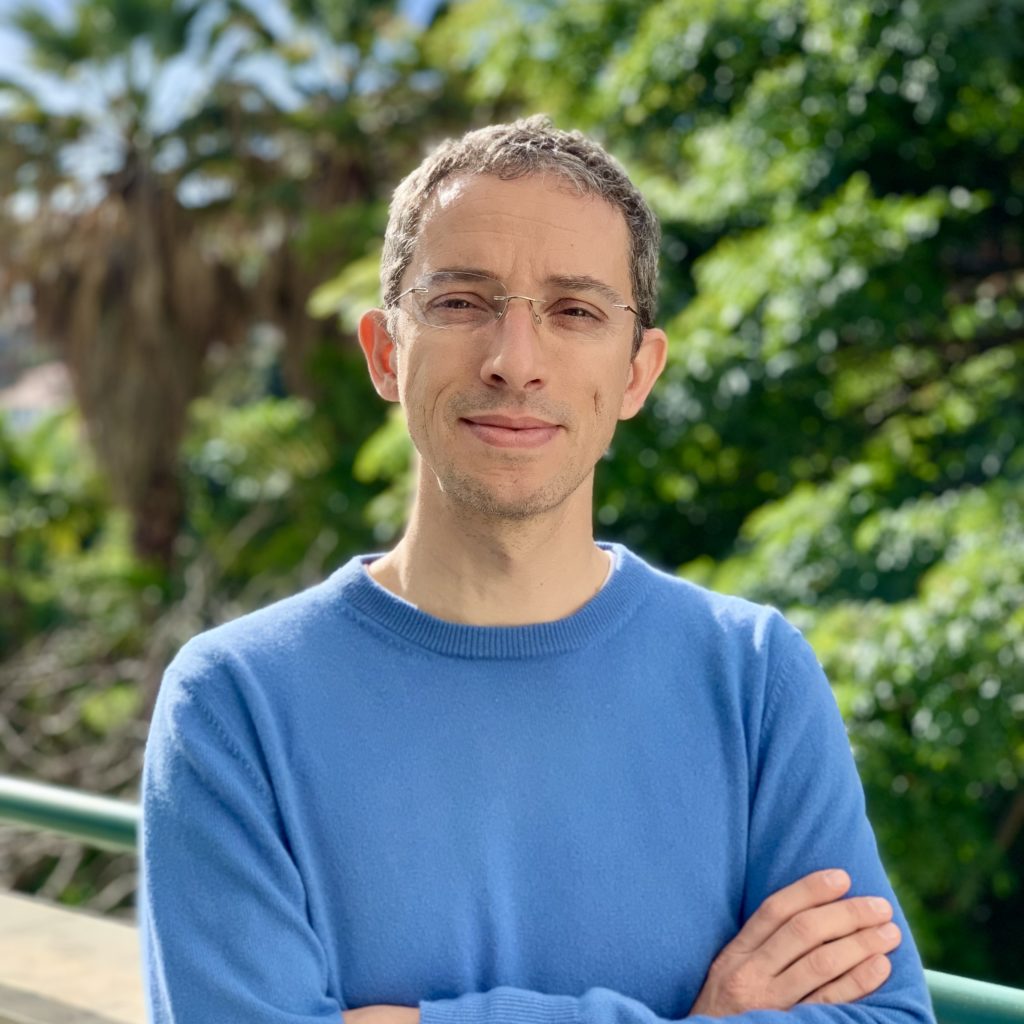Climate change & human pressures
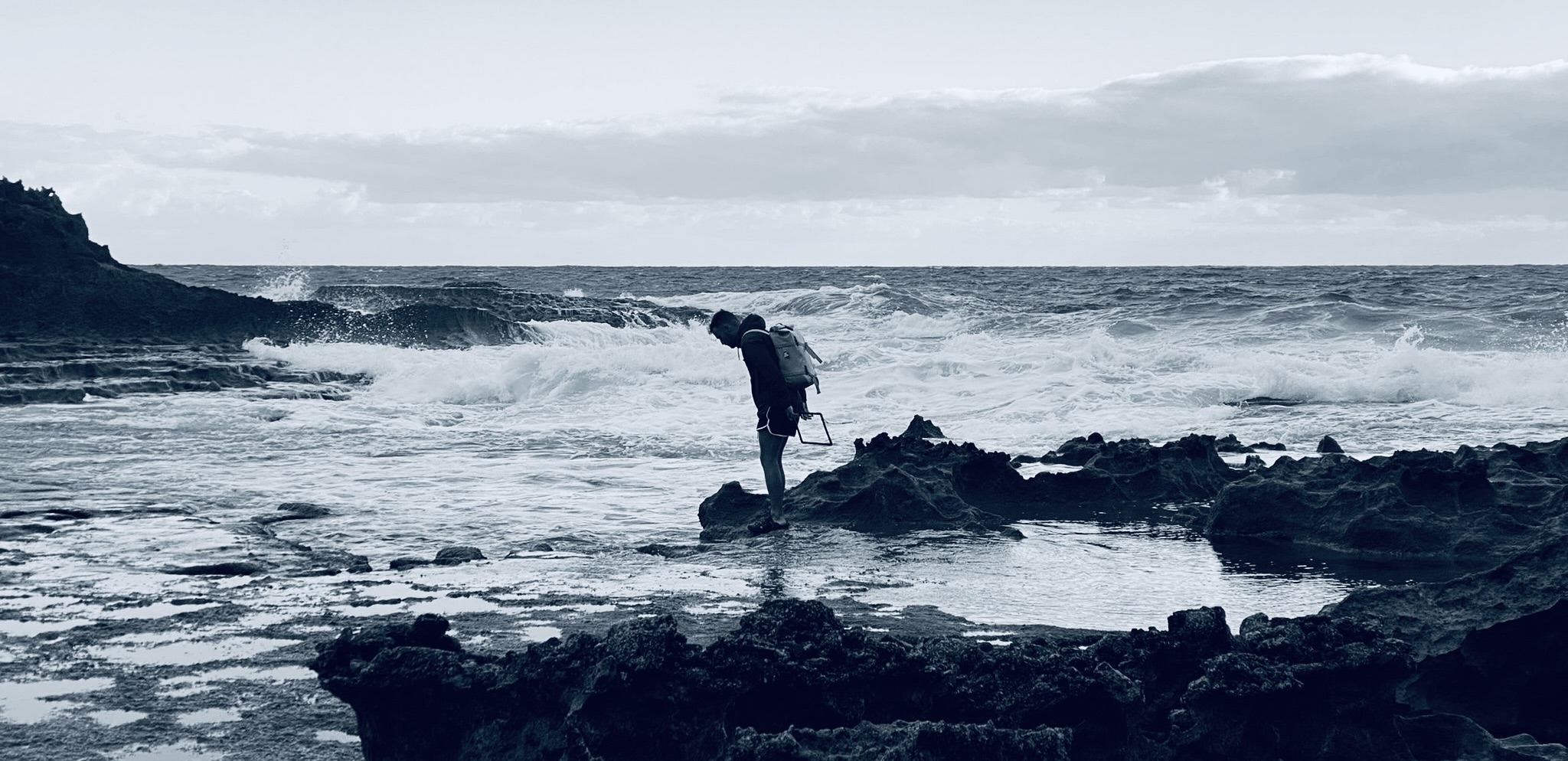
Oceanic island ecosystems are biodiversity hotspots that are highly sensitive to human disturbances and climate change. Since 2015, we have been studying the consequences of numerous human pressures, bioinvasions and climate-related changes to Madeira’s coastal ecosystems. This accumulated knowledge has put us in a strong position to understand some of the greatest threats currently facing our oceans and planet.

We are in an exciting phase of expansion to study inland waterways and the deep seas around Madeira. This is giving us a fuller picture of the biodiversity and ecosystem dynamics of the island, which is important for understanding and protecting these habitats and the many marine species that visit through the year. These include sperm whales, monk seals and European eels – all endangered and keystone species, with vital roles in maintaining a healthy ocean.

Our foray into deeper waters around Madeira is also important for understanding carbon cycles. The Twilight Zone is home to phytoplankton that play a critical role in carbon capture and are, alongside deep-diving whales, part of a complex food-web that links marine life at the surface with the carbon storage of the deep. Our ability to observe, monitor and test our scientific understanding of so many oceanic zones will be important for combating two of the world’s greatest threats: climate change and biodiversity loss.
Research topics
Leadership
News
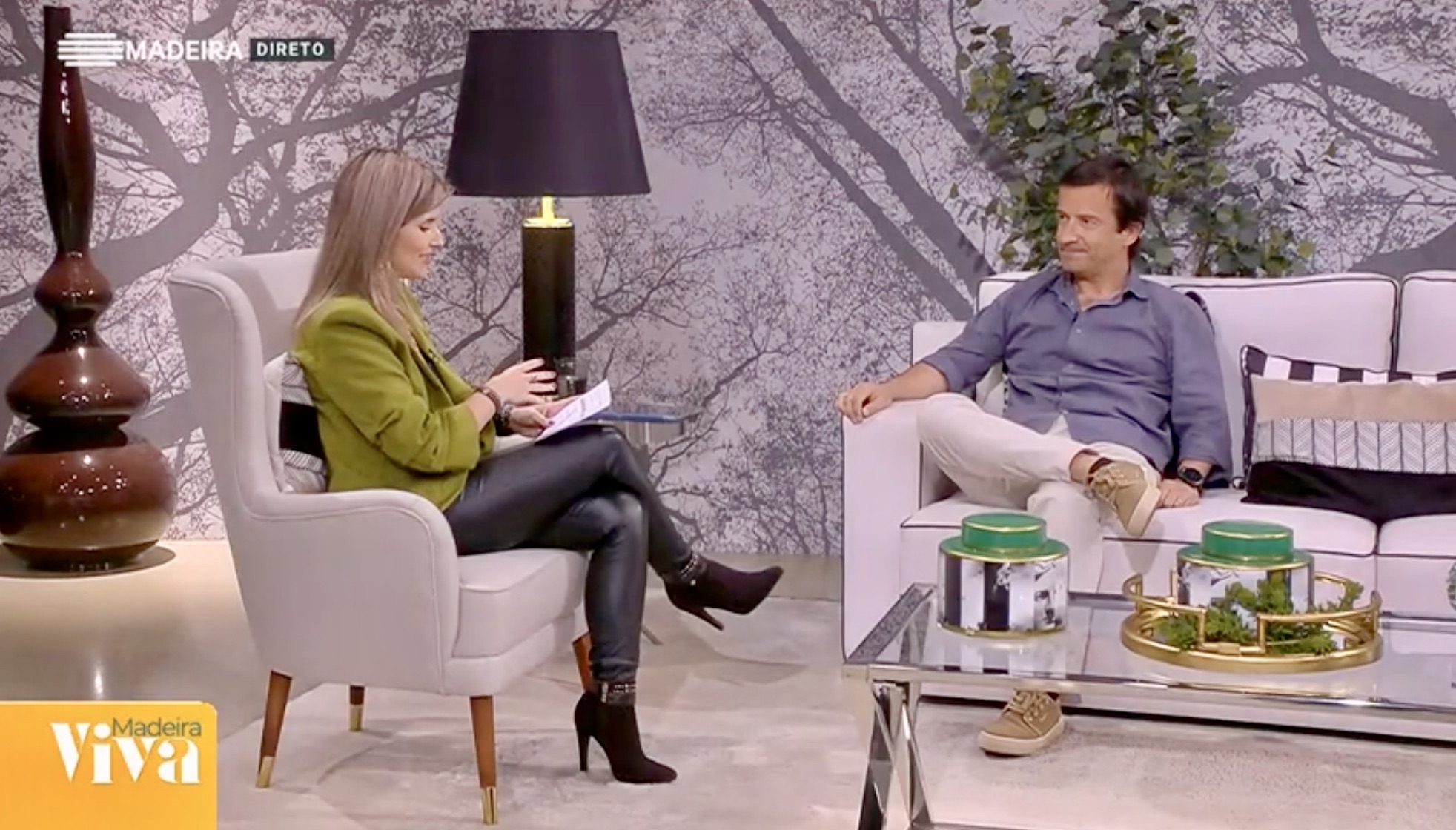
Madeira Viva: Interview with João Canning-Clode
April 2024
RTP Madeira interviewed our founder and director, João Canning-Clode, about his experience with the Edinburgh Ocean Leaders program, deep-sea research opportunities in Madeira and the threat posed by non-indigenous species.
(Interview in Portuguese)
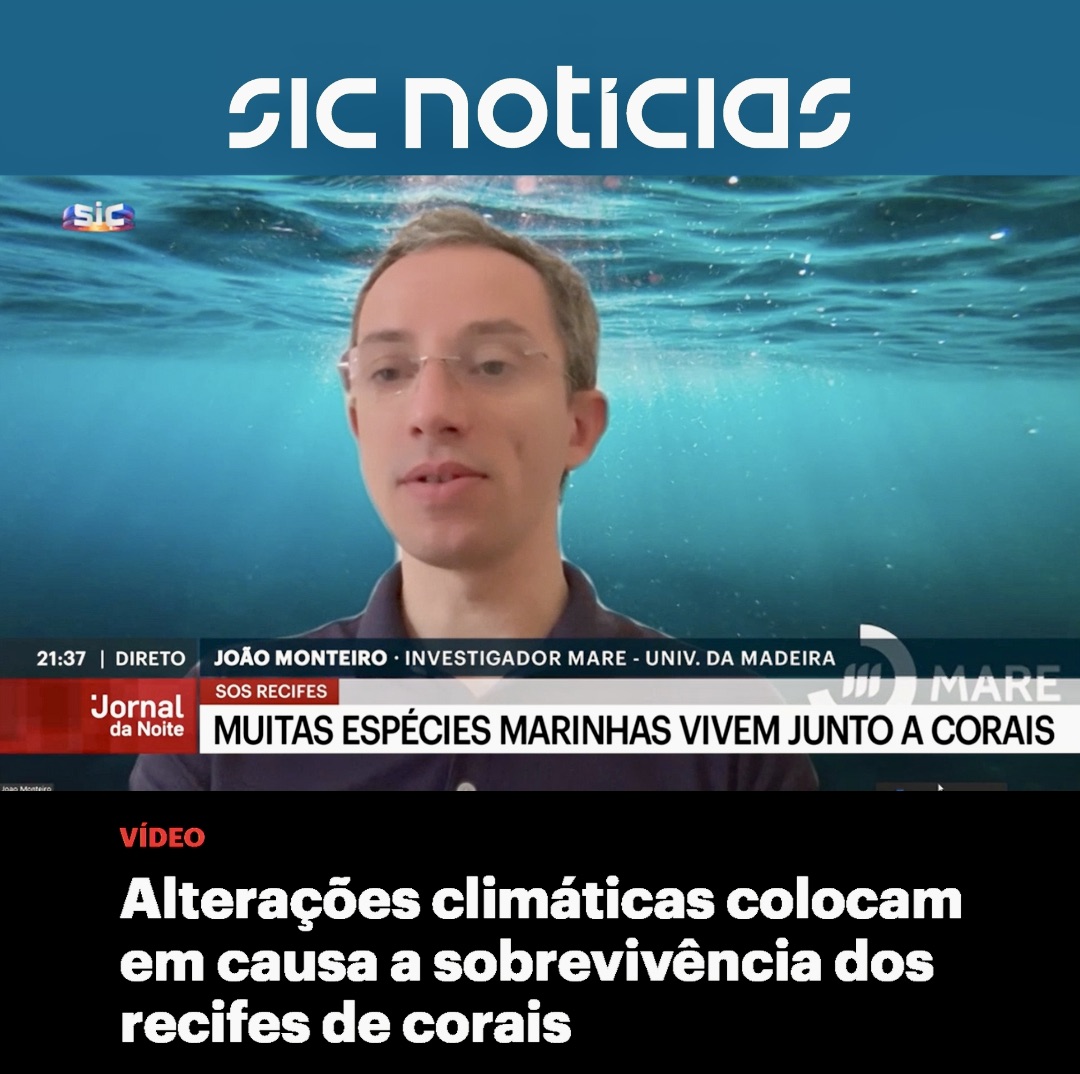
SIC Notícias: Interview with João Monteiro
March 2024
SIC Notícias interviewed the Co-Head of our Climate Change and Human Pressures team, João Monteiro, to learn more about the threat climate change poses to coral reef ecosystems. While we don’t have coral reefs in Madeira, João collaborates on research to restore coral reefs in Thailand.
(Interview in Portuguese)
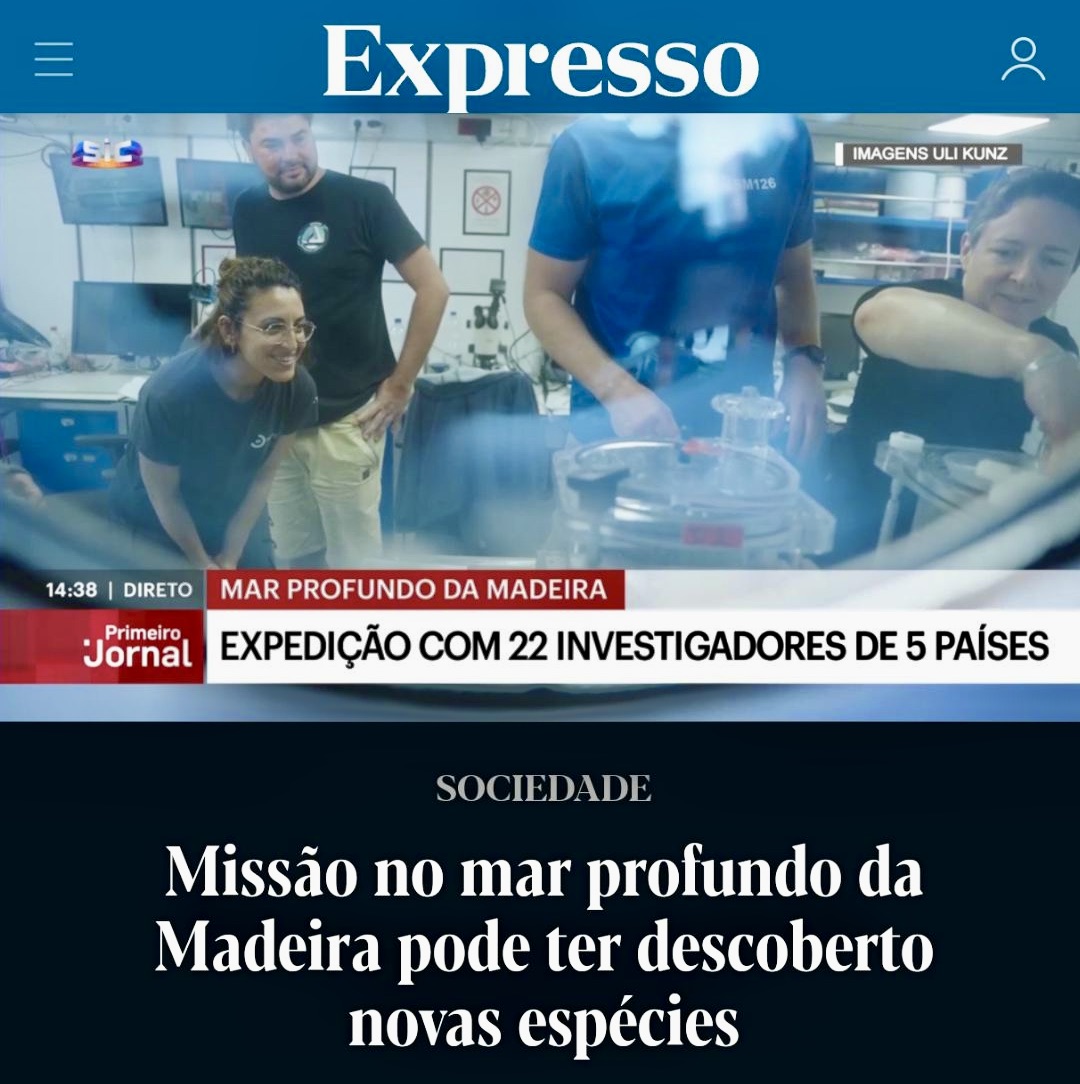
Deep-sea expedition 2024: JellyWeb Madeira
March 2024
Expresso covered the GEOMAR deep-sea research expedition, JellyWeb Madeira, that studied the deep waters around Madeira in February and March this year. João Canning-Clode speaks about Madeira’s unique suitability for studying the deep sea and the importance of this research to science.
(Interview in Portuguese)
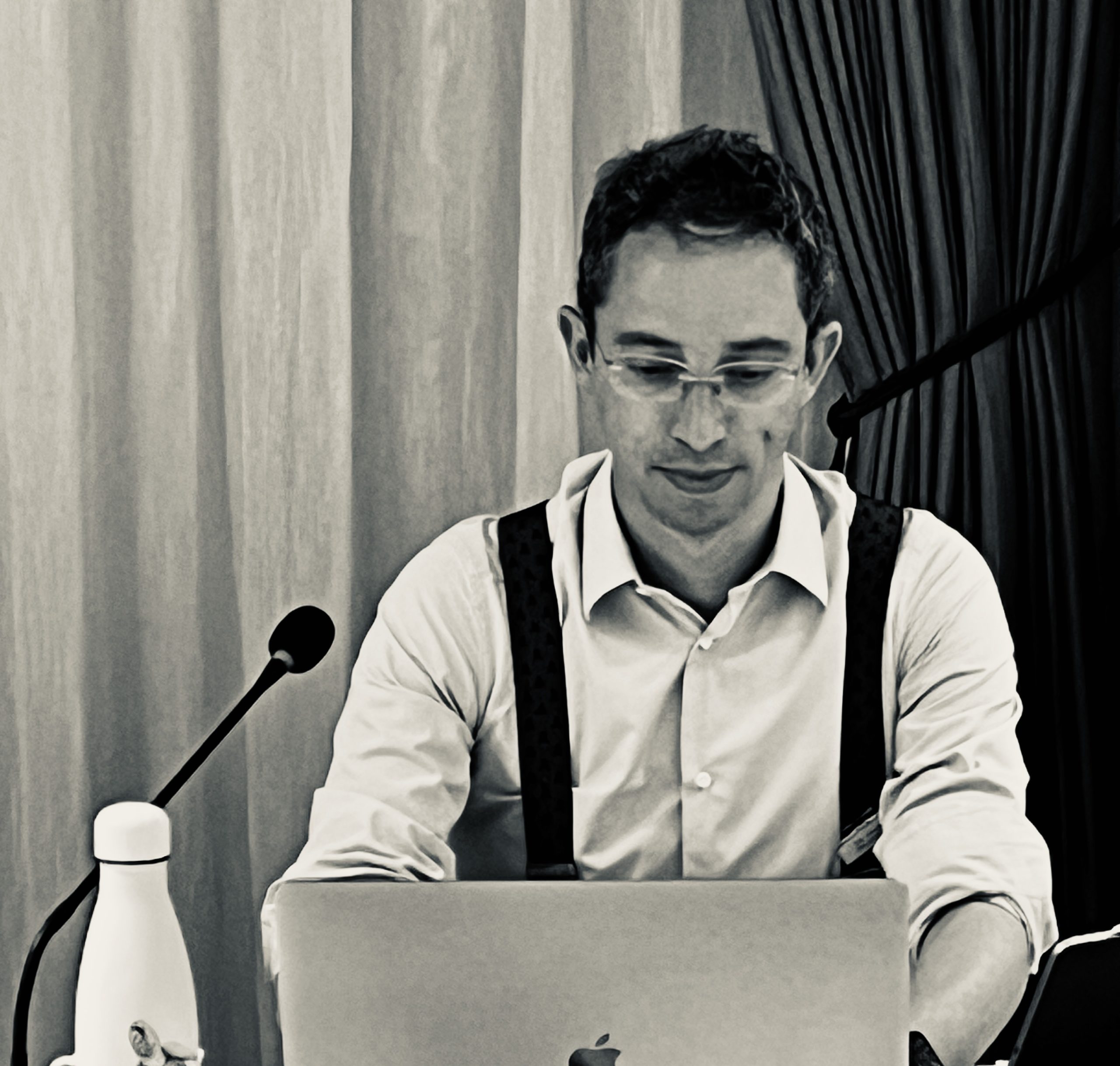
Translating research into policy
March 2023
The Ministry of the Environment of Japan invited João G. Monteiro, Associate Researcher at the University of Madeira and MARE-Madeira, to join an expert panel on litter detection and monitoring with remote sensing tools, following MARE-Madeira’s work on the same subject.
João participated in the second International Expert Meeting on Marine Litter Monitoring Methods Using Remote Sensing Technologies in Tokyo in March. In the meeting, researchers and experts from multiple nationalities discussed and developed guidelines to advance litter monitoring from remote sensing platforms (e.g. satellites, drones, airplanes).
Want to learn more? Check out our recent paper in Remote Sensing.
Photo credits: eel study by Cristiano Vieira; scuba diver by João Monteiro
